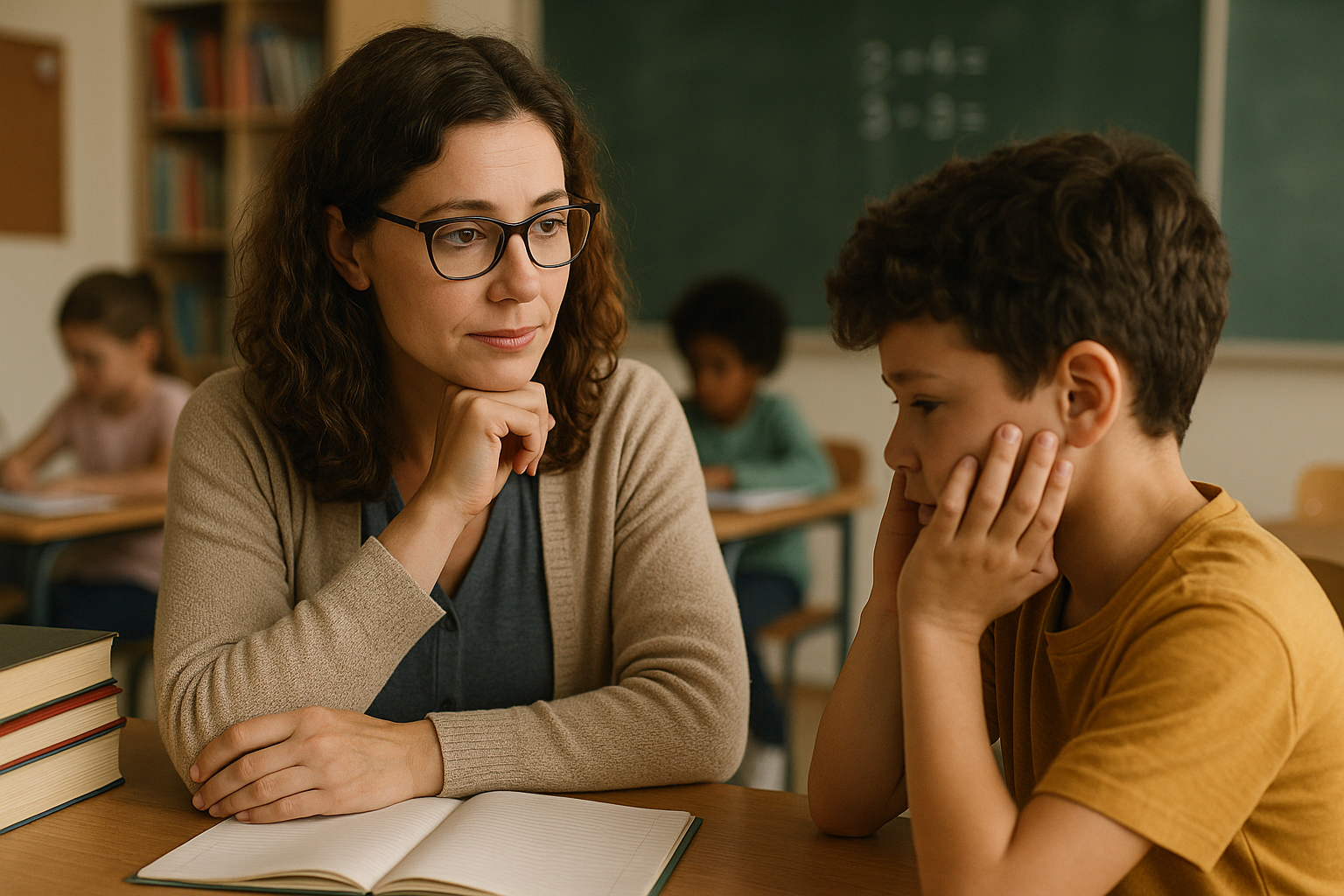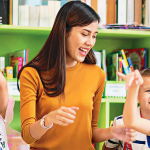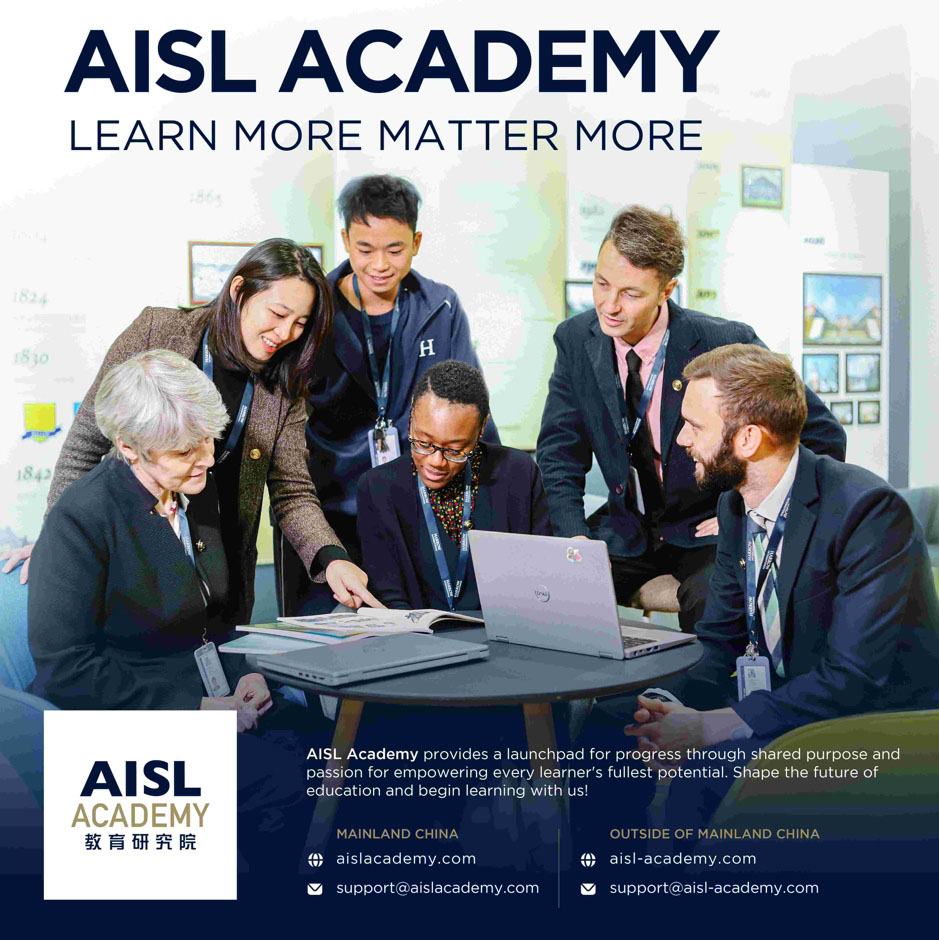Divorce is becoming an increasingly common experience for families across Asia and beyond, and it’s likely that many educators have students in their classrooms who are navigating this challenging transition. In China, for instance, nearly 2.6 million couples filed for divorce in 2024, marking a slight increase from the previous year. Japan has also seen a total number of 179,099 couples divorced in 2022, with the largest group—30 percent—separating within the first five years of marriage. That same year, Thailand recorded over 146,160 divorces, reflecting a steady upward trend in marital separations.
These figures point to a broader societal shift. For students, the impact of parental separation can be profound. While academic performance may be affected, the emotional and psychological toll is often more immediate. Because many children may not openly share their family situations, it is essential for teachers to identify subtle signs of distress and offer appropriate, compassionate support. With the right strategies, educators can play a pivotal role in helping students navigate this difficult period.
Recognising Signs of Parental Divorce
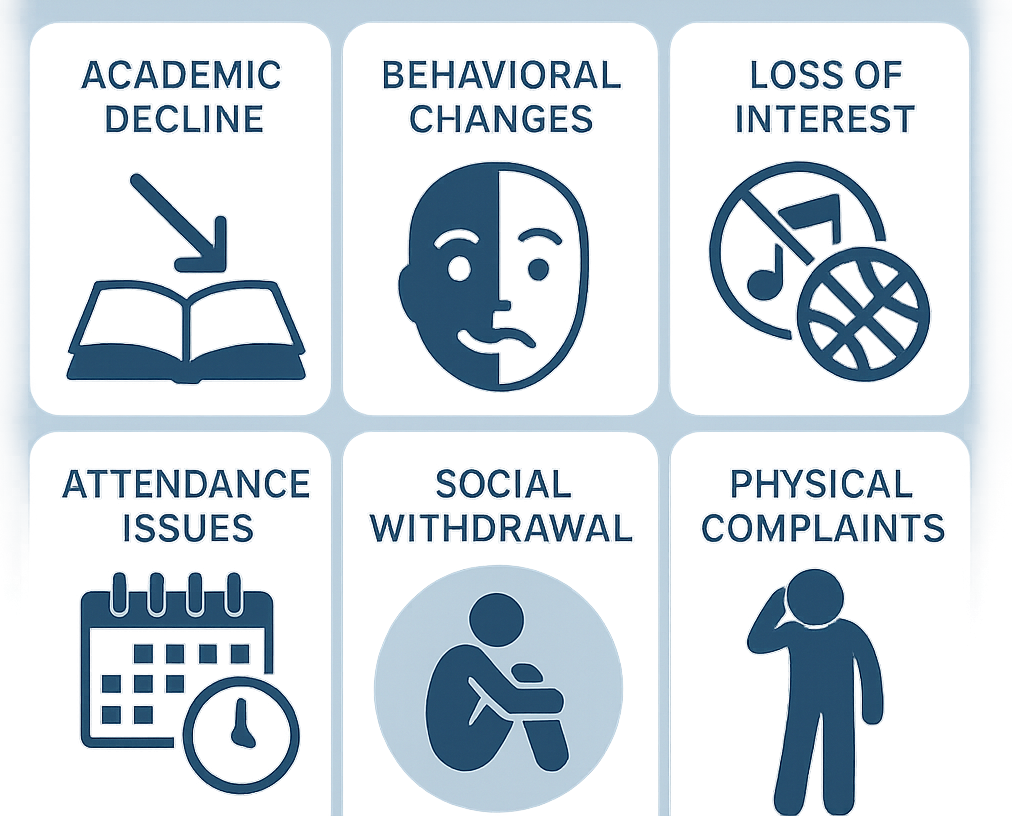
Students going through a parental separation may show signs of emotional or behavioral distress that are not always obvious. Teachers should be alerted to changes such as:
- Academic Decline: Sudden drops in grades or lack of interest in schoolwork, which might result from their difficulty concentrating due to emotional distress.
- Behavioral Changes: Increased aggression, withdrawal, or frequent mood swings.
- Loss of Interest in Enjoyable Activities: Withdrawal from activities they once enjoyed.
- Attendance Issues: Frequent tardiness or unexplained absences.
- Social Withdrawal: Avoidance of peers or reluctance to participate in group activities.
- Physical Complaints: Frequent headaches or stomachaches without a medical cause.
While none of these signs alone confirm a family issue, seeing a combination of them may warrant a closer, more empathetic look.
Recommendations for Teachers
Supporting a student through parental divorce requires both empathy and practical action. The following approaches can help educators provide stability and guidance during this transitional period:
- Maintain Consistency and Structure: Providing a stable classroom environment can offer students a sense of security. Consistent routines and clear expectations help students feel more in control during uncertain times.
- Foster Open Communication: Create a safe and supportive atmosphere where students feel comfortable expressing their feelings. Encourage open discussions and be an active listener without pressing for details.
- Collaborate with School Counsellors: If you suspect a student is affected by parental divorce, consult with school counsellors or psychologists. They can provide additional support and resources for the student. Encourage the student to seek counselling if needed.
- Engage with Parents or Guardians: Maintain open lines of communication with both parents, ensuring that each is informed about the student’s progress and any concerns. This collaborative approach can help provide consistent support across home and school environments.
- Encourage Peer Support: Facilitate group activities that promote inclusion and peer interaction. Positive relationships with classmates can offer emotional support and reduce feelings of isolation.
- Set Clear Limits: While it’s important to be understanding, ensure that students do not use the divorce as an excuse for irresponsibility or misbehaviour. Be consistent in your approach, but also flexible when the student clearly feels pressured.
Key Considerations for Supporting Students
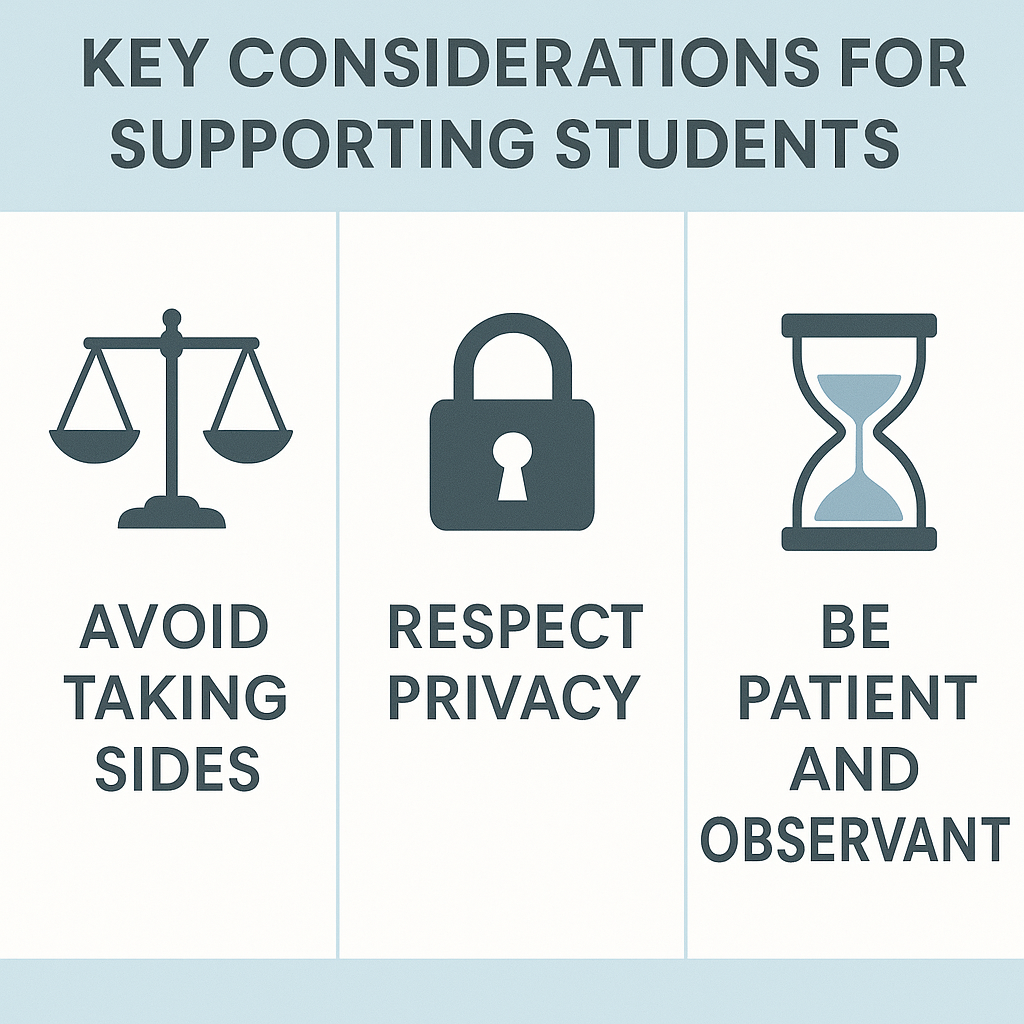
While recommendations can guide our actions, it is just as important to keep a few core principles in mind. These considerations help ensure your support remains respectful, balanced, and sensitive to each student’s individual experience:
- Avoid Taking Sides: Remain neutral and refrain from expressing opinions about the parents’ situation.
- Respect Privacy: Handle any disclosed information with confidentiality and sensitivity.
- Be Patient and Observant: Understand that adjustment takes time, and students may have fluctuating emotions. Monitor their behaviour and provide support as needed.
It’s important to recognise that all children experience and express grief in their own way. A student may not exhibit the signs mentioned above but could still be struggling internally. The key is to be a patient and active listener, allowing them to process their emotions at their own pace. If additional support is needed, consider referring them to our psychology partners for professional assistance.
Health and Wellness programs that may support your child’s emotional wellbeing and learning journey:
Get a special discount by quoting code AISLMALL during CHECKOUT.
Allied Health School Services Program – Parents workshop (90 mins)
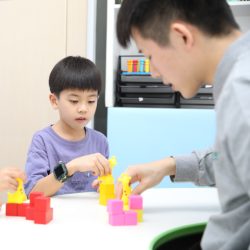
In 2023, ISS and OST Therapy launched the Allied Health School Services Program. The AHSS team offers personalized workshops for parents, focusing on speech/language skills, cognitive play, behaviour management, and building resilience. These workshops provide practical strategies to help parents support their child’s development and create a positive home environment.
Caritas – Counselling Services
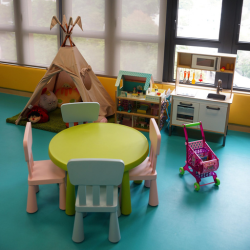
Caritas Human Empowerment & Achievement Training (HEAT) offers counseling for marital issues, extra-marital affairs, divorce, and marriage enrichment. Services include family mediation, sex therapy, support for family conflicts, and therapy for emotional, behavioural, and learning issues in children, as well as mood, stress, anxiety, and trauma.
Health & Wellbeing – Deck of cards

Dr. Christopher Willard’s mindfulness decks offer exercises for emotional well-being, including *Mindful Parenting*, *Self-Love*, and tools for teens to manage depression, anxiety, and build resilience. Each deck provides practical mindfulness strategies for emotional growth and mental health at every life stage.
Health & Wellbeing Videos

Unlock mindfulness and communication skills with expert-led courses. Topics include fostering positive family dialogue, boosting academic performance through mindfulness, and age-specific practices for preschoolers, primary students, and teens, promoting focus, emotional balance, and resilience.
iLiving: Initial 90-minute Consultation with Supported Healing for Children

iLiving is a holistic wellness centre that offers integrated services for personal transformation. They provide a comprehensive approach to address both physical and mental health, focusing on modalities like bioresonance, life coaching, family constellations, and more to help clients achieve optimal well-being. This consultation includes health scan of a child who is suffering from chronic physical or mental health challenge and coaching to their caretaker/parent(s).
KFBG Transformative and Mindfulness Forest Immersion Walk

Kadoorie Farm and Botanic Garden (KFBG) delivers inspiring, awareness-shifting and transformative programmes with potential life-changing experiences. We offer an opportunity and a peaceful space in the natural environment of KFBG for participants to experience, to rethink, to identify and to be able to deeply connect and appreciate Gaia, our mother Earth, and the interconnection and interrelationship that we share with her. By being close to, and having a respect for nature, through our transformative workshops, people can experience a sense of deep happiness and spiritual contentment in which could facilitate a more holistic way of living.
Llegend – Diploma in Professional Aromatherapy

This aromatherapy course covers essential oils, anatomy, and therapeutic applications, combining theory and practice. Accredited by the IFA, it offers exemptions for the UK TQUK Level 4 Certificate. As Hong Kong’s leading college for aromatherapy, it boasts 7 international accreditations.
Therapy Services – 1 on 1 Offline Therapy Service

In 2023, ISS and OST Therapy launched the Allied Health School Services Program. Our certified speech-language pathologists and occupational therapists offer personalized therapy for speech, language, motor skills, emotional regulation, and self-care. We use evidence-based practices to support students’ academic and social growth, boosting confidence and promoting inclusive learning environments.
Wellbeing Books Series

Dr. Willard’s books blend mindfulness with practical approaches for families. Alphabreaths teaches kids mindfulness through ABC-themed breathing exercises, while Growing Up Mindful offers parents and educators tools to help children build resilience, self-awareness, and empathy through mindfulness.
